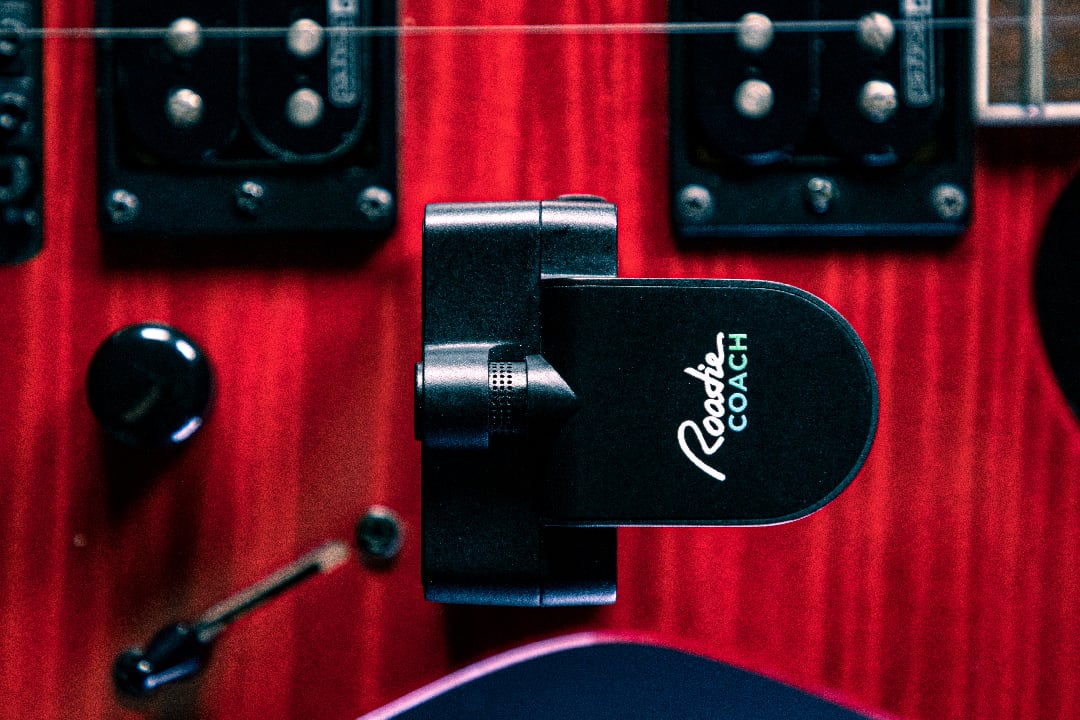Irish imports of Asian biodiesel and waste oil are growing despite allegations of fraud and tax evasion surrounding shipments of the fuel from that region, official figures show.
Irish Government renewable fuel policies favour the use of processed waste cooking oil, known as hydrogenated vegetable oil (HVO), as biodiesel, prompting surges in its consumption.
Irish motorists used 181 million litres of biodiesel in the first nine months of the year, against 170 million during the same period in 2022, according to the State’s National Oil Reserves Agency (NORA).
Agency figures also show that biodiesel used here last year included 67.1 million litres of used cooking oil from China, 40 per cent of total consumption. The same report shows that 22 million litres came from the UK.
READ MORE
European Commission officials are investigating allegations that Indonesian HVO is relabelled in China and the UK before arriving in the EU to evade extra import duties.
[ Amazon to switch backup Irish data centre generators to biodieselOpens in new window ]
Separately, the European industry argues that increasing amounts of Asian used cooking oil is actually virgin palm oil manufactured from trees grown on plantations made by clearing native rainforest.

Christmas time is ‘make or break’ for booksellers
The European Union (EU) does not regard palm oil as sustainable, while environmentalists warn that its widespread use in the food and other industries damages biodiversity and threatens endangered species.
Last year it emerged that the Republic and UK imported 151 million litres of used cooking oil from Malaysia in 2020 for use as biodiesel.
[ A biofuels proposal to slash emissions while boosting the farming sectorOpens in new window ]
However, according to European news website Euractiv, a study by US-based non-profit the International Council for Clean Transportation, found the Asian country only collects around 70 million litres of the waste oil every year.
This has sparked suspicions that much of the cooking waste from the region may actually be palm oil.
The NORA figures, appearing in its report on the operation of the Government’s Renewable Transport Fuel Obligation, show the Republic shipped in 9 million litres of Malaysian waste cooking oil last year.
More recently, Euractiv reported that auditors suspended certificates awarded to some Chinese producers as they could not verify that their biodiesel was made from waste cooking oil sourced in Indonesia and Malaysia.
The European Waste-based & Advanced Biofuels Association has warned that dubious or fraudulent biodiesel imports from China could hit the EU’s own biodiesel production.
[ Could Ireland be on the cusp of a biofuel revolution?Opens in new window ]
Despite growing concerns, Irish Government policy encourages HVO use. The Renewable Transport Fuel Obligation requires oil companies to ensure that 17 per cent of the motor fuel they sell is renewable, that is, biodiesel or bioethanol.
But if companies use HVO, the obligation falls by about two-thirds, giving them an extra incentive to use that fuel instead, boosting consumption of the fuel here.
That consumption is poised to increase as Minister for Transport Eamon Ryan continues to increase the proportion of sustainable fuel required under the renewables obligation.
A spokesman for his department pointed out that the NORA was responsible for ensuring compliance with EU emission-reduction rules in transport.
“The department has been assured by the NORA with regard to sustainability of current biofuel supply,” he added.
A working group set up by the department to determine the Republic’s vulnerability to fraud in the biofuels industry is in the early stages of determining terms of reference and a work programme, according to the spokesman.
That group met recently and is due to do so again next month, he said.












